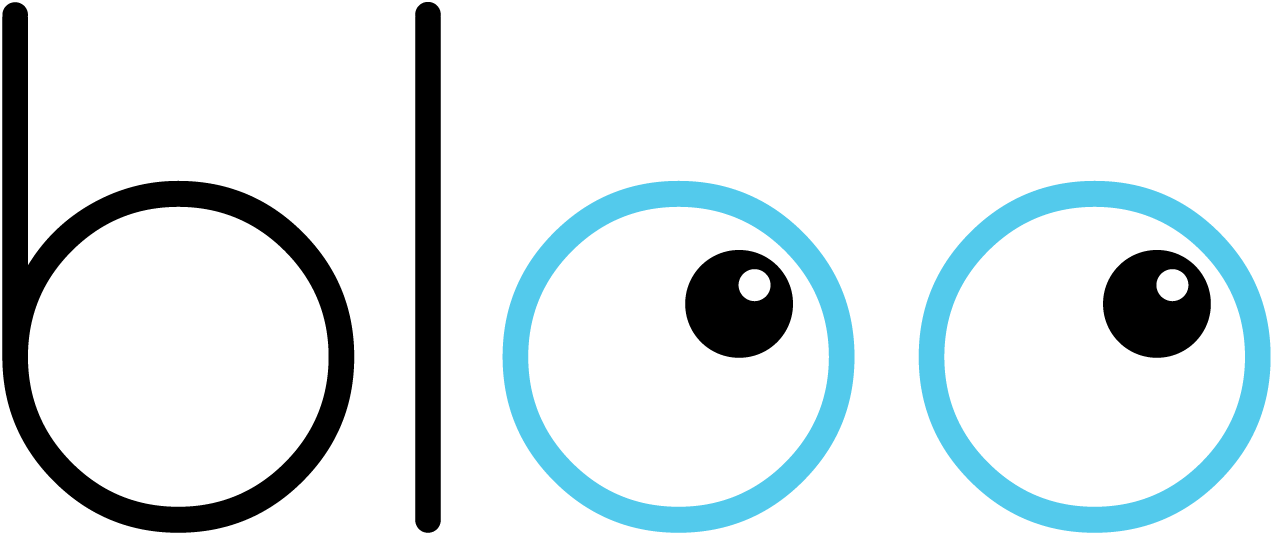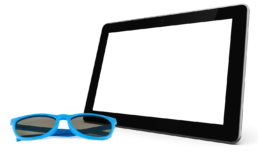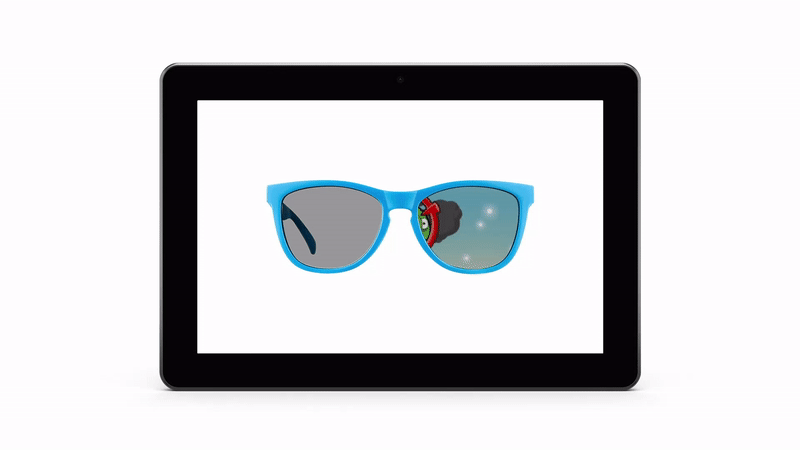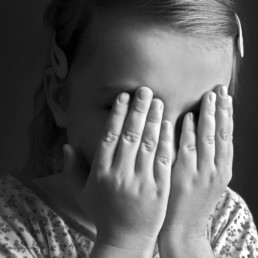Dysfunction caused by poor stimulus response
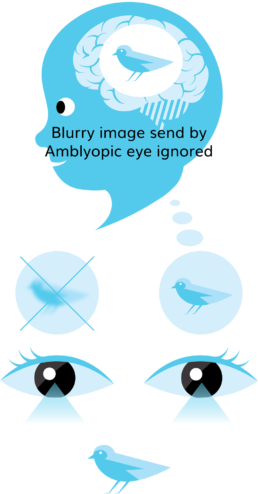
Children often have a functional impairment of their binocular visiual system. Amblyopia, also known as lazy eye, is the most common cause of visual impairment in childhood. Amblyopia is caused by the stimulus from one eye being switched off by the brain. The correct stimulation can help the brain turn the lazy eye back on again!
The importance of binocular vision training
Do you still use an eye patch or eye drops to try to teach your brain how to use your amblyopic or strabismic eye? If so, you aren’t teaching your brain to use both eyes in concert. Eye patching and atropine eye drops (and similar products) lead to incomplete sensory input and often to poor visual outcomes.
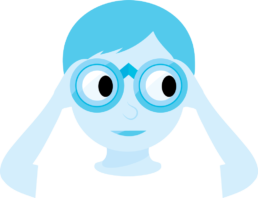
Dysfunction caused by poor stimulus response

Children often have a functional impairment of their binocular visiual system. Amblyopia, also known as lazy eye, is the most common cause of visual impairment in childhood. Amblyopia is caused by the stimulus from one eye being switched off by the brain. The correct stimulation can help the brain turn the lazy eye back on again!
The importance of binocular vision training
Do you still use an eye patch or eye drops to try to teach your brain how to use your amblyopic or strabismic eye? If so, you aren’t teaching your brain to use both eyes in concert. Eye patching and atropine eye drops (and similar products) lead to incomplete sensory input and often to poor visual outcomes.

Eye Wide Open
bloo is different. Both eyes stay open to learn how to work together. bloo kids is a tablet with a specially developed coating on the screen. This screen coating combined with special glasses allows a child to view a static screen with the dominant eye while the lazy eye sees a dynamic screen.
Instead of shutting off the input from the dominant eye, bloo kids trains both eyes to work together with the lazy eye doing more of the work for increased stimulation.
Eye Wide Open
bloo is different. Both eyes stay open to learn how to work together. bloo kids is a tablet with a specially developed coating on the screen. This screen coating combined with special glasses allows a child to view a static screen with the dominant eye while the lazy eye sees a dynamic screen.
Instead of shutting off the input from the dominant eye, bloo kids trains both eyes to work together with the lazy eye doing more of the work for increased stimulation.
3% Of Newborns At Risk
Amblyopia affects around 3% of all newborns.. regardless of race, gender or geography. This is the most common cause of visual impairment in children. Training is imperative in early childhood. Otherwise, there is a high risk of irreversible, life long, visual impairment in the child’s future.
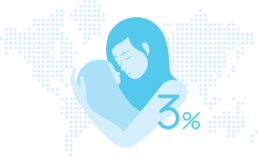
Greater Success Before Age 10
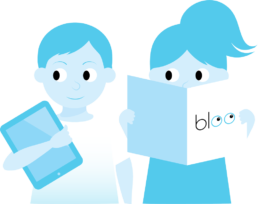
Initial clinical trials show significant improvement when training begins before age 10. During the early years of life, a child’s visual system develops very rapidly, including the important connections between the brain and the eyes. When you start eye training early, you greatly increase the chance of eliminating amblyopia and strabismus.

“bloo is an innovative method of addressing amblyopia and sometimes other conditions. It is the future”
Ian Jordan, Vision Consultant, UK
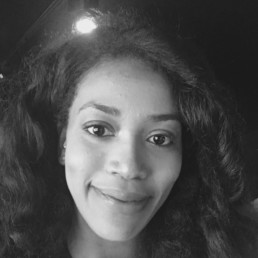
“I see my patients enjoying playing and their eye sights have been improved”
Florette Larock, Optometrist & Orthoptist, Belgium
All-in-One Binocular Vision Training Kit
We believe that “good compliance” with training in amblyopia is an important factor affecting the final visual outcome. However, we know none of the children enjoys wearing an eye patch. Good compliance is paramount for success.
bloo kids consists of a specially developed tablet which allows the eyes to be dissociated whilst looking at a target (without awareness). Each eye sees a different image, with the good eye seeing only part of the image and the amblyopic eye seeing the full image.
The children just play tablet games or watch films as they like.
How To Use bloo Kids:
1. Wear bloo glasses
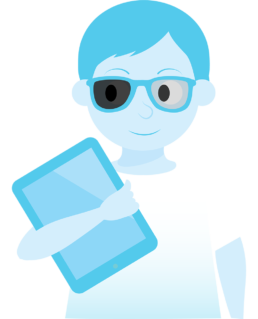
Download and play any games or watch films your child likes on the tablet while wearing our glasses.
2. Play at least one hour a day
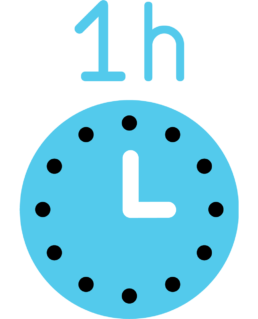
NOTE – Prolonged usage can cause eye fatigue. Please take a break if you play more than one hour.
3. Check your visual acuity

Regularly take a quick visual exam with our installed APP for visual acuity to see your progress. Also see your optometrist regularly to get an expert’s intervention.
Get More Fun to Your Child
bloo kids ensures your child’s engagement, which ultimately leads to better results, faster. We are working hard to bring bloo kids to the market as soon as possible.
If you are interested in participating the product trial program or like to know more information, drop us a line! We will get in touch with you shortly.
40-50% faster treatment than traditional patching or eye drops
In 3-5 months, we expect significantly impaired visual acuity to be resolved through bloo’s product one hour per day. Vision problems of a lower magnitude are often resolved in 1 to 3 months.
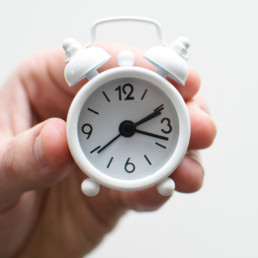
40-50% faster treatment than traditional patching or eye drops
In 3-5 months, we expect significantly impaired visual acuity to be resolved through bloo’s product one hour per day. Vision problems of a lower magnitude are often resolved in 1 to 3 months.
No Side effects
Monocular occlusion can produce other problems, constant double vision, an alternating squint and difficulties with visio-spatial awareness. None of these or other side effects occur by using bloo kids.
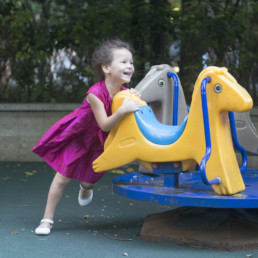
No Side effects
Monocular occlusion can produce other problems, constant double vision, an alternating squint and difficulties with visio-spatial awareness. None of these or other side effects occur by using bloo kids.
Portable & Affordable
bloo kids can be used in the comfort of your own home or anywhere your child likes. There is no need to make appointments, visit the doctor each treatment time or pay hefty fees for training sessions.
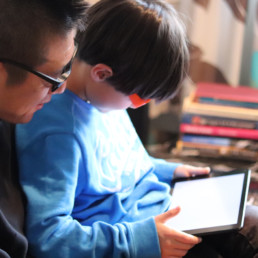
Portable & Affordable
bloo kids can be used in the comfort of your own home or anywhere your child likes. There is no need to make appointments, visit the doctor each treatment time or pay hefty fees for training sessions.
Children should have their first eye exam at about age three. Supposedly a child’s eyes finish developing by the age of 8-10 years. Early detection of eye problems can sometimes prevent significant damage to the eye or to vision.
“Good compliance” with training in amblyopia is an important factor affecting the final visual outcome. So as a parent, your interest and involvement will be necessary for successful treatment.
Eye fatigue would occur if your child plays too long. Please take a break if your child play more than one hour.
If your child wear optical glasses for myopia, hyperopia or astigmatism, please wear the training glasses on top of your child’s optical glasses.
It depends on your child’s Amblyopia case. However, we recommend at least one hour a day and play as much as your child can do every day.
It depends on the type of Amblyopia and severity. It would take 1 to 3 months for low grade and 5 to 12 months for mid to heavy grade to have 20/20 visual acuity. Our studies have shown that this is 40-50% faster than traditional eye patching training.
Do you still have a question?
Please don’t hesitate to contact us if you still have a question. The vision care is complex but bloo vision was founded to help people improve the quality of their lives.
Latest Knowledge Articles
Seeing in 3D – importance of depth perception

The eyes can look normal but a difficult type of amblyopia to detect
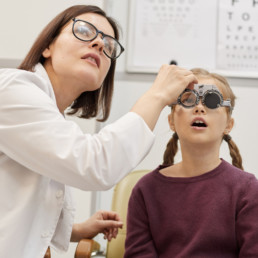
Let's Grow Together
We are thrilled to share our ongoing studies and engagement events. Learn more about what we are currently studying and what we’ve learned in the past.
We are thrilled to share our ongoing studies and engagement events. Learn more about what we are currently studying and what we’ve learned in the past.
